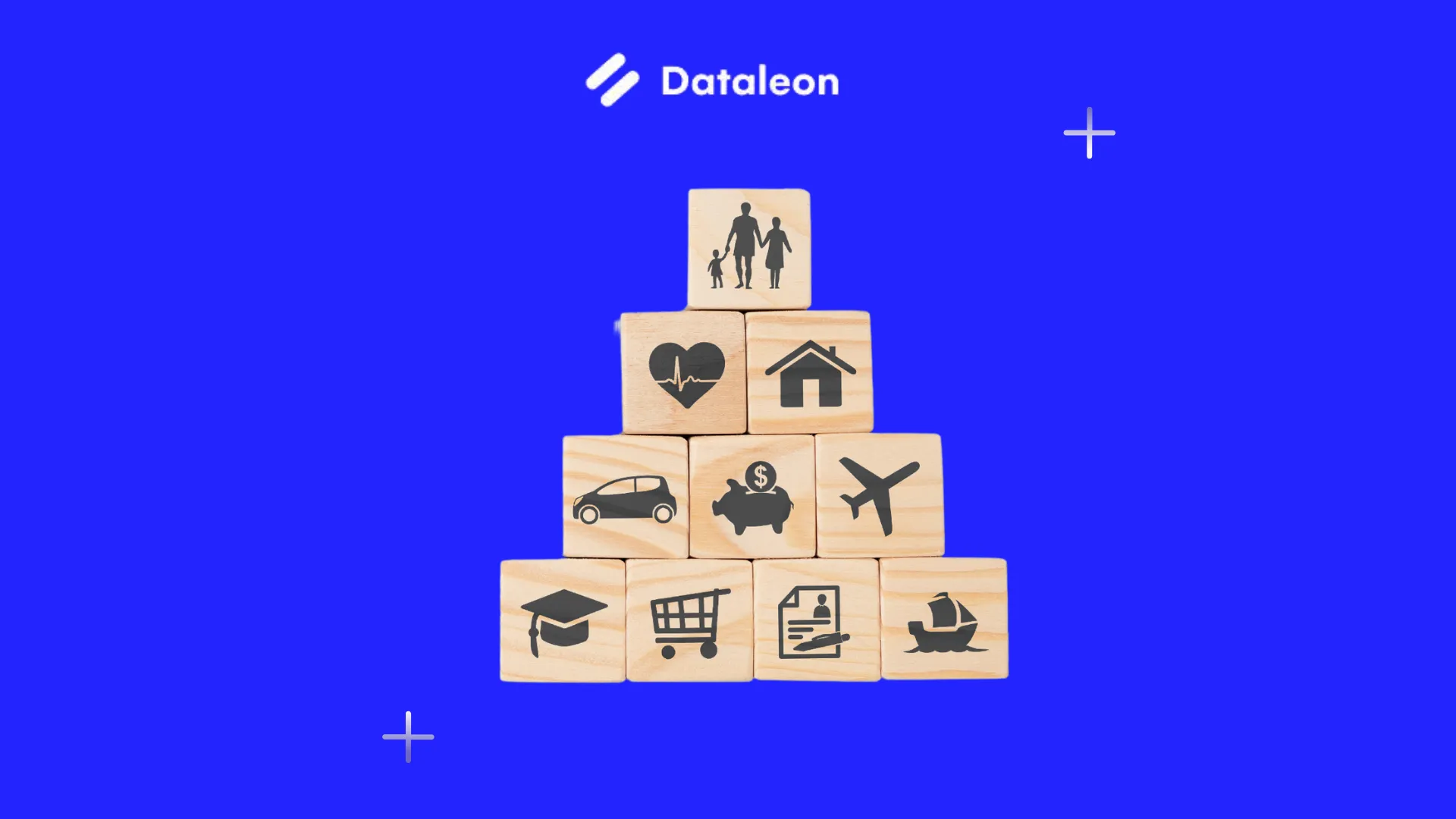The future of insurance Industry: How AI is transforming the way we insure
AI's pivotal role in the insurance world: Transforming processes, amplifying efficiency, enhancing customer experience, and foreseeing industry trends.



AI's pivotal role in the insurance world: Transforming processes, amplifying efficiency, enhancing customer experience, and foreseeing industry trends.

The insurance industry has long been known for its conservative approach to innovation. However, with the rise of AI and other emerging technologies, the landscape is rapidly changing. The use of AI in insurance promises to make the industry more efficient, customer-centric, and profitable. In this article, we'll explore the ways in which AI is transforming the insurance industry and what the future holds for insurers.
AI is a game-changer for the insurance industry, offering a range of benefits that were previously impossible. One of the main advantages of AI is its ability to process vast amounts of data quickly and accurately. This makes it an invaluable tool for insurers who need to analyze large datasets to make informed decisions.
One of the most significant applications of AI in insurance is in underwriting. With AI, insurers can analyze data from a variety of sources to determine the risk associated with a particular policy. This includes factors such as the applicant's age, occupation, health status, and more. By analyzing this data, AI can identify patterns that may indicate a higher or lower risk, allowing insurers to make more accurate decisions and price policies accordingly.
AI is also transforming claims management. By automating the claims process, AI can significantly reduce the time it takes for customers to receive payouts. Insurers can use AI to analyze images and videos submitted by customers to assess the damage and estimate the cost of repairs. This allows insurers to quickly determine whether a claim is valid and pay out the appropriate amount.
AI is also being used to detect and prevent fraud. By analyzing data from multiple sources, including social media and public records, AI can identify patterns of fraudulent behavior. This can help insurers to detect fraud early and prevent payouts to fraudulent claims.
The benefits of AI in insurance are numerous. By automating processes and analyzing vast amounts of data, AI can significantly reduce costs and increase efficiency. This allows insurers to offer more competitive prices and provide better customer service.
One of the main benefits of AI is its ability to personalize policies. By analyzing data on customer behavior, AI can identify the products and services that are most relevant to individual customers. This allows insurers to offer personalized policies that meet the unique needs of each customer, improving customer satisfaction and loyalty.
AI can also help insurers to identify new opportunities for growth. By analyzing data on customer behavior and market trends, AI can identify gaps in the market that insurers can exploit. This can help insurers to launch new products and services that meet the needs of their customers and generate additional revenue.
The use of AI in insurance is still in its early stages, but the potential is vast. As AI continues to evolve and become more sophisticated, we can expect to see even more significant changes in the insurance industry.
One of the most promising areas for AI in insurance is in customer service. By using AI-powered chatbots and virtual assistants, insurers can provide 24/7 customer support that is both fast and efficient. This can significantly improve customer satisfaction and reduce the workload for customer service teams.
Another area where AI is likely to have a significant impact is in risk management. With AI, insurers can analyze data from multiple sources to identify potential risks and take proactive steps to prevent them. This can help insurers to reduce their exposure to risk and improve their bottom line.
Finally, AI is likely to have a significant impact on the way insurers operate. By automating processes and analyzing data in real-time, insurers can become more agile and responsive to changing market conditions. This can help insurers to stay ahead of the competition and provide better value to their customers.
The use of AI in insurance is transforming the way insurers operate, offering a range of benefits that were previously impossible. From underwriting and claims management to fraud detection and customer service, AI is enabling insurers to become more efficient, customer-centric, and profitable. As AI continues to evolve and become more sophisticated, we can expect to see even more significant changes in the insurance industry. Insurers who embrace AI and other emerging technologies will be well-positioned to succeed in the years ahead, while those who do not risk falling behind. The future of the insurance industry is bright with the help of AI.
In addition to the broader impacts of AI on the insurance industry, there are also specific solutions emerging that are leveraging AI to provide unique benefits to insurers. One such solution is offered by Dataleon, which provides an AI-powered verification platform for insurance companies.
Dataleon's solution helps insurers to analyze important information from their customers through a powerful KYC (Know Your Customer) platform in less than a minute. By using AI algorithms, Dataleon's platform can verify and analyze a wide range of documents, such as passports, driver's licenses, and other forms of identification. This helps insurers to quickly and accurately validate customer information, improving the underwriting process and reducing the risk of fraud.
With Dataleon's AI-powered solution, insurers can improve their risk management practices and better serve their customers by providing faster and more accurate verification of important information. This not only improves the customer experience but also saves time and resources for insurers.
Dataleon can help you bring your images and documents to life with ease.
Test the platform for freeContact us.svg)
Try 15 days
.svg)
No credit card
.svg)
Cancel Anytime